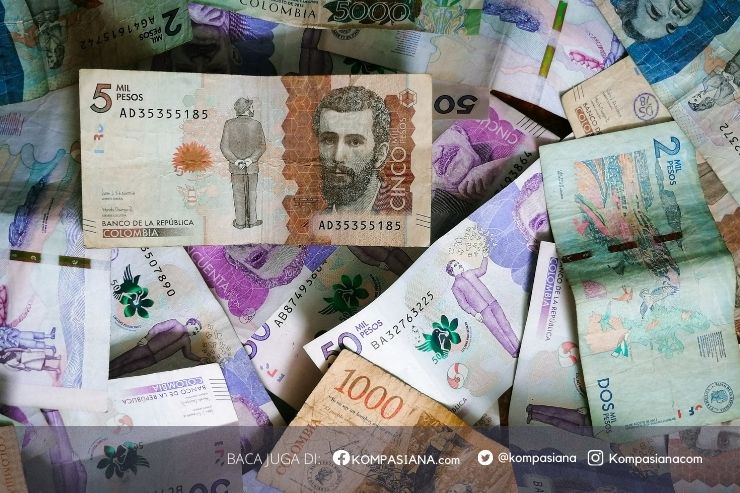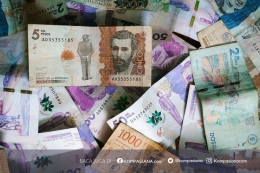The most recent journal article so far in the development discourse in Indonesia is written by Warburton from the Australian National University). This article discusses the style of Joko Widodo (Jokowi) Presidency that she calls as “the New Developmentalism”. She argues that Jokowi’s style of administration tends to back the New Order style of development in design and implementation.
Jokowi’s developmentalism “exhibits a renewed commitment to a state-centred nationalism that has deep roots in Indonesian history. For Jokowi, the state functions to provide economic services and nurture local industry, and the state sector is the locomotive for his infrastructure boom”. In order to achieve his goal in development, Jokowi use political accommodation to create political stability (Warburton, 2016, p. 288).
In contrast with the institutional reform discourse in development that is accompanied by a substantive program for building transparent and good governance, Jokowi tends to avoid the institution reforms in his developmental agenda. We argue that it is the most dangerous of Jokowi agenda, Jokowi will trap in the same hole with new order developmental style if he neglects this issue. The difference between Jokowi and Pak Harto is only in how he deals with political stability. Pak Harto used the repressive way as the authoritarian regime and in the other hand, Jokowi uses political accommodation to create political stability.
Better Institution Reforms for Sustainable Development
After the Washington Consensus, the IMF and the World Bank, which used to treat institutions as mere ‘details’, have come around to emphasizing the role of institutions in economic development and tried to improve the institutions of developing countries as a way of promoting their economic development. Some scholars such as Dani Rodrik, and Acemolglu and Robinson, argue that institution is vital for a better development. Furthermore, Acemoglu and Robinson argue that inclusive economic and political institution is the key factors for a better development outcome.
On the other hand, they conclude that extractive political and economic institution is the main elements of the worse outcome in the development. Acemoglu and Robinson (2012. pp.118-120) describe that inclusive economic institution consists; featuresecure private property, impartial system of law, and a provision of public service that provides a level playing field in which individuals can exchange and contract. It also must permit the entry of new private sector and allow individuals to choose their professional job.
In contrast, extractive institution refers to the institution are designed to extract incomes and wealth from one subset to society to benefit different subset, lack law of order, entry barriers and regulation preventing functioning markets and creating a non-level playing field.
Jokowi administration neglects this institution reform from extractive to inclusive in his developmental agenda. Indonesia can be beneficial in economic growth to the infrastructure boom but if there is no transformation, it will not sustain development. Unsustainable economic growth can be happened in the combination of extractive economic and political institutions such as Barbados and Soviet Union (Acemoglu & Robinson, 2012, pp. 141–147). Soviet Union for instance, has an excellent economic in the early of their era, but then became a failed state.
Furthermore, the extractive political institution can be the killing machine to creativity and innovation of Indonesian people. Creative and innovative industry will not survive and develop in the extractive institution circumstance without back up by the political elites. As we all concern, to become an industrialized country we need innovative and creative character in our people. As a result, Indonesians need the government stimulations by establishing the inclusive institution as an incentive to develop people creativity and innovation. It is the reason behind the success story of industrialized countries.
Inclusive institutions is like a pool with clean and clear water. In a clean pool of all fish can live without discrimination. All the fish are given the opportunity and incentive equally that anyone willing to work hard, with his creativity and innovation can become wealthy in this circumstance without the need for a political closeness. Let us check the data of rich people in the US, most of them do not have any political connection to the politicians. For instance Bill Gates and Marx Zuckerberg, they have grown-up on their own feet with their own innovation and creativity. They do not develop their business because of the proximity of political or cronyism. In sum, the developed countries is a country that to confirm that every citizen has an equal opportunity to grow and progress while the failed state is a state that discriminate politics and economy for only their crony, elite and oligarchies. We hope it is not late for Jokowi to go back from the wrong way.







